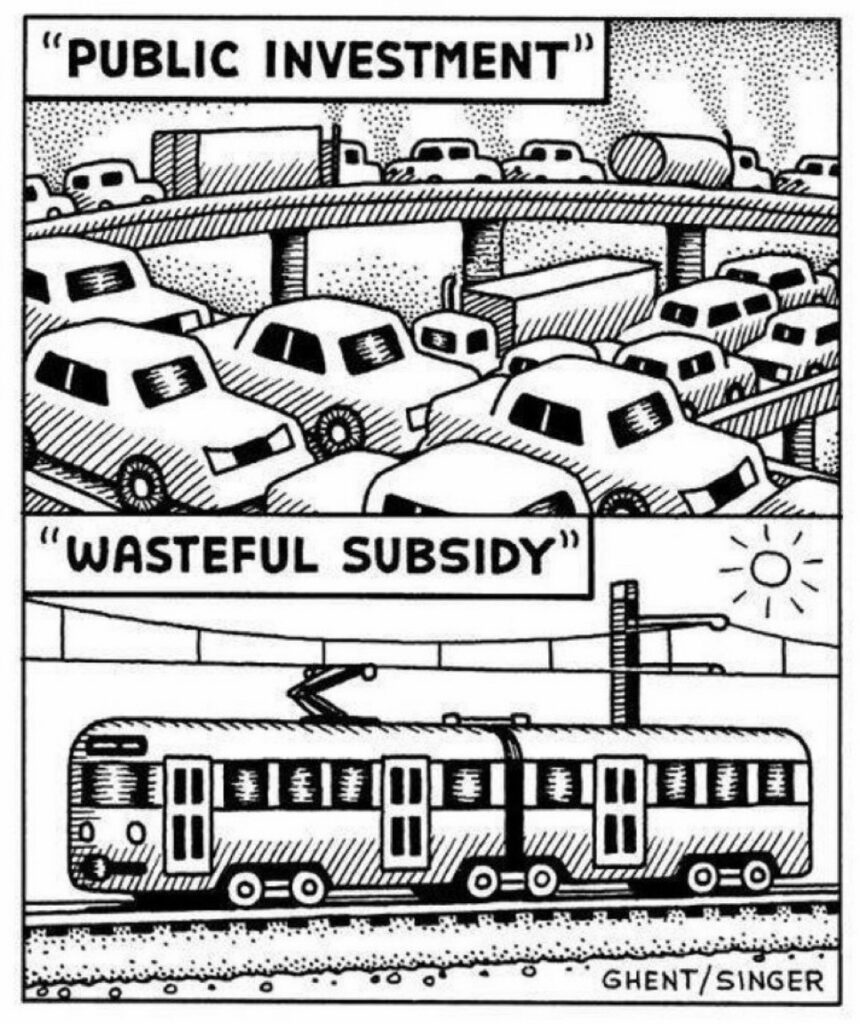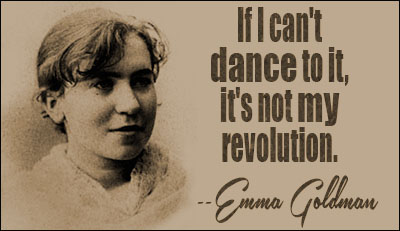Let’s stop pretending every institution has to “go social” by building new habits, communities, and platforms from scratch. We already have a solid, simple tool that can bridge them from the #dotcons into the #Fediverse: WordPress + the ActivityPub plugin.
Institutions want control – That’s OK. Bureaucratic institutions, local councils, unions, media orgs, #NGOs, aren’t designed for fast, messy social interaction. They won’t control over moderation, messaging, and timelines. That’s how they work, the good news is that they don’t have to surrender that control to leave the exploitative corporate platforms.
There is a path to step sideways into the #openweb by using tools they already trust, #WordPress, plugging into the #Fediverse with a few small adjustments. Here is how this works:
- Use WordPress as a public publishing hub, it already supports articles, media, comments, and user permissions. It’s familiar to thousands of comms and IT staff.
- Install the ActivityPub plugin. This lets every post become a Fediverse-native object. Readers on Mastodon, Lemmy, Friendica etc. can follow and share the content.
- Keep moderation tight. Comments from the Fediverse can be held for review by default. Content inflows are closed, moderated, or opened based on trust levels.
- Build distribution without chasing followers. The content flows outward. Others can quote, reply, remix – but the source stays under local control.
The alternative? Indie News, if not WordPress, the more adventures could host a dedicated Fediverse news instance (like a rebooted #IndymediaBack) or even set up a microblogging server using software like WriteFreely or Plume. These would support long-form or short-form posts, stay focused on the institution’s goals, avoid chasing engagement metrics from #dotcons. And again, comments and responses could be moderated or disabled, depending on needs. No spam tsunami. No culture wars. Just distribution and visibility – on native #openweb terms.
Why this matters, many public institutions want to move away from Facebook and Twitter, but feel locked in. They know those platforms are toxic, yet all the people are there. But what if we stopped treating the #Fediverse like a chaotic free-for-all and started showing how it can also work for structured, “responsible” publishing? WordPress already has millions of users. The ActivityPub plugin is mature, maintained, and already working. All it takes is will, and a little guidance.
Benefits at a glance:
- Maintain editorial control
- Publish to a growing #openweb ecosystem
- Avoid vendor lock-in and algorithmic censorship
- Build real, direct relationships with communities
- Help decentralize digital infrastructure for the public good
If an institution can run a blog, it can join the Fediverse. If it can post on Facebook, it can do better. Let’s stop waiting for perfect platforms and start using the tools we already have, WordPress is an underrated bridge from the bureaucratic world into a better, fairer, and more resilient #openweb path.












